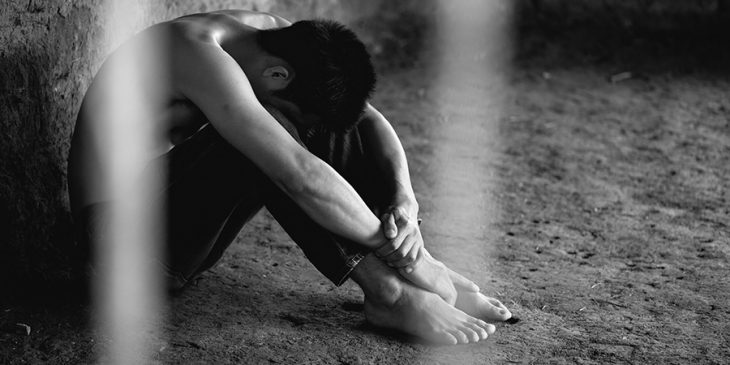Each day, UPMC staffers are fighting the opioid epidemic. Dr. Kevin Kraemer and Dr. Julie Childers share what it’s like to be on the frontlines. Both see patients at the UPMC General Internal Medicine Center for Opioid Recovery, a Pennsylvania Center of Excellence.
Kraemer and Childers go to work in hopes of turning someone’s life around and to get their patients reconnected with family, work, and their community.
What is the General Internal Medicine Center for Opioid Recovery?
Kraemer: The center, based at UPMC Montefiore, opened in March 2017. Our team treats substance use disorders while also providing primary care. We were one of the first clinics in the Pittsburgh region to offer medication treatment for opioid use disorder. Funding from the commonwealth helped establish us as a Center of Excellence.
We continue to grow to meet the demand for our services. Currently, we have about 12 prescribing physicians, two nurse coordinators, four peer specialists, a medical secretary, a medical assistant and two social workers. There are 11 clinicians in the clinic.
What drew you to addiction medicine?
Childers: When I was doing my fellowship in palliative medicine in 2008, I started noticing that a portion of my patients who were prescribed opioids were running into trouble with them — or using other drugs while on prescribed pain medications. Many of them seemed to be suffering from their addiction as much as from cancer or their other diagnosis. In addition, there weren’t many options for treatment with buprenorphine (Suboxone) in the Pittsburgh area during that time — most clinics charged cash rather than billing health insurance and didn’t seem to care about having a relationship with the patients. I wanted to serve a population that was underserved.
Kraemer: Working as a general internist, I saw how substance use and addiction was at the root of a lot of my patients’ physical and mental health and social problems.
What services does the clinic provide?
Kraemer: We start off by assessing the patient’s physical and mental health. Then our social workers will perform a care assessment. We provide medication assisted treatment with buprenorphine. Additionally, we provide counseling and peer support. Since we are also a general internal medicine clinic, we can provide primary medical care at the same time.
How many patients are seen each week?
Kraemer: We usually have 80 to 90 visits a week — that includes visits to the physicians, nurses, and social workers. The program has evaluated and treated well over 500 patients, and we have 200 active patients right now.
What about your work gives you hope?
Childers: I have hope because I see that when we combine pharmacologic treatment like buprenorphine with getting to know patients over time and showing them that we care, they do change. It’s not instantaneous, and not everyone becomes completely abstinent from substances, but we can see people form new relationships, repair old relationships, find housing, and get jobs. It’s not often that something we do in medicine produces such a visible effect.
Is the clinic currently able to meet the demand of patients?
Kraemer: We’re getting busier. Right now, we’re having to schedule patients about one to two weeks out from when they first call for a physician visit. We send one of the peer specialists to see the patient within 24 hours. Often in their home or somewhere in the community. They’ll travel to the patient and start developing rapport with them. They’ll have them fill out our intake paperwork so that’s all done when they come into the clinic.
We do want to get to the point where the patient can see a physician quickly. We recently received funding to establish a bridge clinic to see patients within 24 to 72 hours after discharge. We can provide care until the patient is established on medication therapy.
What does a peer specialist do?
Kraemer: The peer specialists have personally experienced substance use disorder. They’ve gone through special training and serve as recovery role models. Once a patient is referred to us, a peer specialist will establish contact with the patient.
What are the future goals of this program?
Childers: One of our goals is to continue building our addiction consult service. I have been contacted by other hospitals who want to have an addiction consult service. We can help.
We also offer a lot of education to other health care personnel. We started a rotation for residents who are interested in learning about addiction medicine, which has been very popular. Residents have told me that if there was a fellowship here, they would be interested in applying. We are in the planning stages of a fellowship program.
Kraemer: In 2020, we’ll be opening a clinic at UPMC Mercy’s Health Center. It will have a dedicated space for our clinics and staff. UPMC Mercy’s Emergency Department sees about 50% of the opioid emergency room visits. Based on their need, it makes sense to establish a clinic there and possibly have a bridge clinic there.
Read more about Kraemer and Childers’s journey in the fight against the opioid epidemic.









